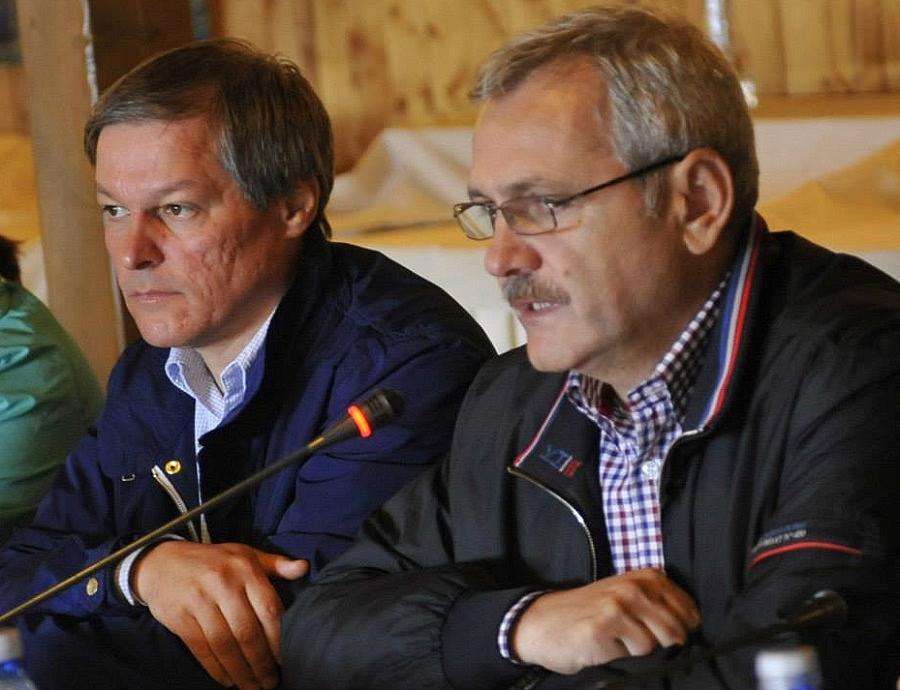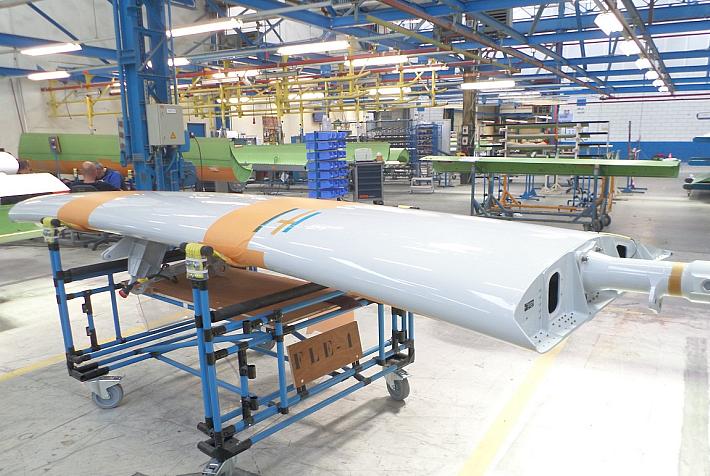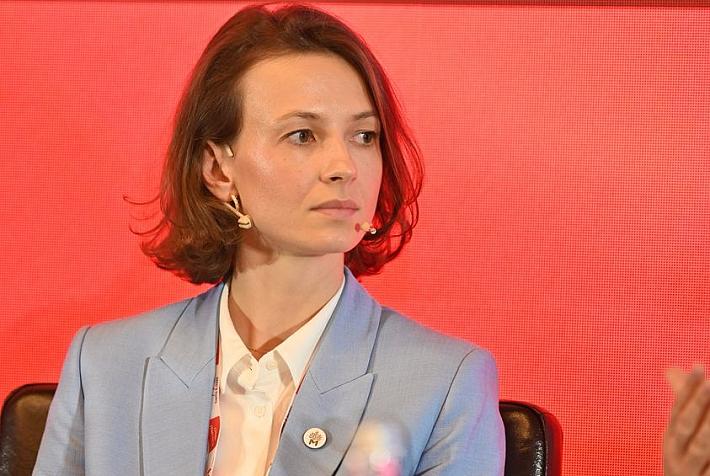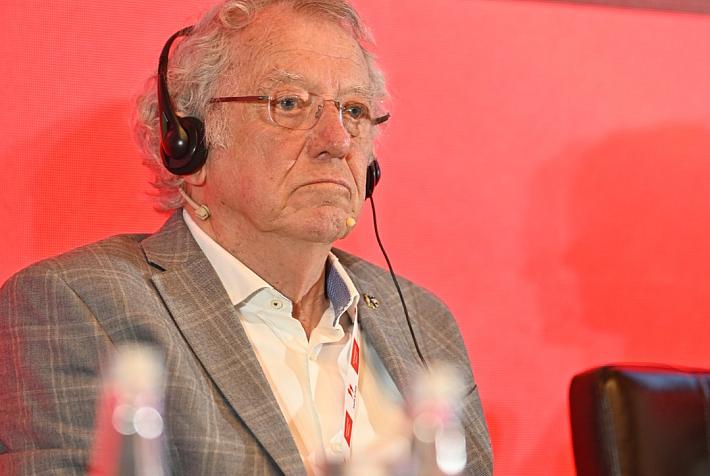Romanian election winner wants coming tax cuts postponed to implement its own promises

Liviu Dragnea (right), the president of the Social Democratic Party (PSD), asked Prime Minister Dacian Ciolos (left) to postpone the VAT rate cut and the elimination of the extra excise on fuel and the tax on special construction, that are supposed to become effective on January 1, 2017.
Not two days have passed since Dragnea’s PSD categorically won the parliamentary elections in Romania after promoting a law to cut 102 taxes and promising more tax cuts in the next years. Moreover, the fiscal relaxation measures that are supposed to come into effect at the beginning of next year are part of the changes to the fiscal code promoted by the PSD Government led by Victor Ponta in 2015. Dragnea was deputy prime minister at that time.
Despite this, Dragnea kindly asked Dacian Ciolos, whom he has acidly criticized in the past months for his cabinet’s opposition to the populistic measures PSD passed through the Parliament just before the elections, to issue an Emergency Ordinance and postpone the coming tax cuts. His explanation is that the future PSD Government should implement its own governing program, which includes salary and pension increases and tax cuts, but not those exact tax cuts.
A new Government should be installed in Romania by the end of this year and PSD, which won the parliamentary elections and will have the majority in the Parliament, will name it. Liviu Dragnea may be PSD’s proposal for PM, despite President Klaus Iohannis reluctance to name him.
If Dacian Ciolos doesn’t accept to postpone the tax cuts, the new Government may not have time to take such a decision, which would make it even harder for PSD to keep its very generous campaign promisses.
The most important fiscal relaxation measures that should come into effect on January 1 include lowering the general VAT rate from 20% to 19% and eliminating the extra excise on fuel and the tax on special construction, two taxes that had been introduced by the Victor Ponta Government in 2013. The VAT rate cut by one percentage point would reduce the budget revenues by almost EUR 600 million and the elimination of the other two taxes would take roughly another EUR 1 billion.
PSD’s economic program includes the VAT cut from 20% to 18%, but starting January 1, 2018. The document doesn’t say anything about the other two taxes.
The Social-Democratic leader believes that the VAT rate cut from 20% to 19% in 2017 wouldn’t bring any advantage to local companies and consumers, according to an interview he gave local website stiripesurse.ro. He also thinks that the special excise on fuel should only be eliminated when there will be guarantees that it will lead to lower fuel prices. He finds it hard to explain why the fuel price before taxes in Romania is among the highest in the EU. Thirdly, he believes that the tax on special construction should only be eliminated “when big companies in Romania will understand that the taxes for profits made in Romania should be paid in Romania”.
Moreover, according to Dragnea, Prime Minister Ciolos agreed to the proposals to postpone the tax cuts and that some of these proposals came from Ciolos himself. The Government’s spokesman Liviu Iolu initially confirmed this saying that “this government wants fiscal stability and predictability”. However, later on, the Government issued a statement saying that Prime Minister Ciolos didn’t confirm that he accepted the proposals to postpone the tax cuts and that he was still analyzing this measure.
Dragnea’s party has promised multiple tax cuts starting January 1, 2018. These include reducing the income tax paid by employees from 16% to 10%, for gross salaries over RON 2,000 per month, and to 0% for gross salaries under RON 2,000. The total social contributions paid by employees should also be lowered from 39.25% to 35%. PSD also promised to eliminate the 5% tax on dividends.
At the same time, PSD has promised to increase salaries in the public sector and pensions, starting 2017, and to increase public spending in strategic sectors such as healthcare, education, defense, and infrastructure. The party also promised to support local entrepreneurs, farmers, and young people through various support schemes.
Thus, while Liviu Dragnea wants the Ciolos Government to postpone tax cuts, the PSD leader has agreed with Ciolos that the minimum wage increase from RON 1,250 to RON 1,450 should be decided by the future Government.
PSD’s budget draft for 2017 includes a 15% increase in total expenses, to over EUR 61 billion. At the same time, PSD expects an 11% increase in budget revenues, to some EUR 56 billion, and a budget deficit of almost EUR 5 billion, or 2.7% of the GDP. The party’s budget projection is based on an estimated 5.5% economic growth.
The top 10 economic promises that helped the Social-Democrats win the elections in Romania
The main international institutions’ forecasts show that Romania’s economy will grow by less than 4% next year, also taking into the fiscal relaxation measures that should come into force in January.
editor@romania-insider.com















